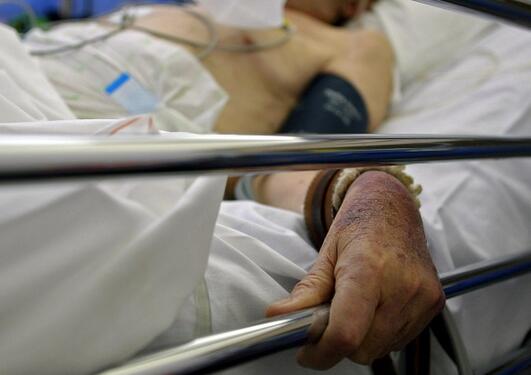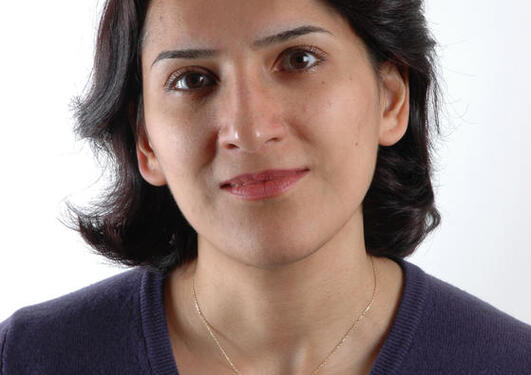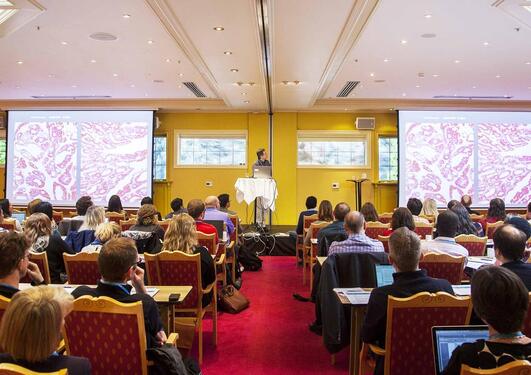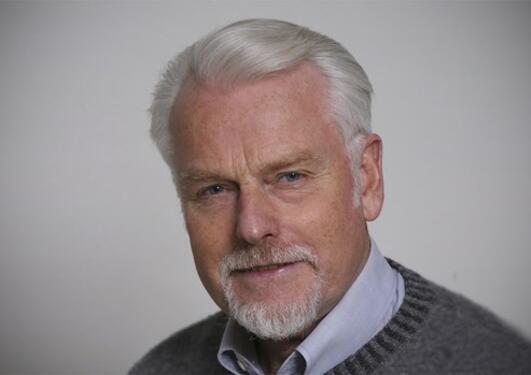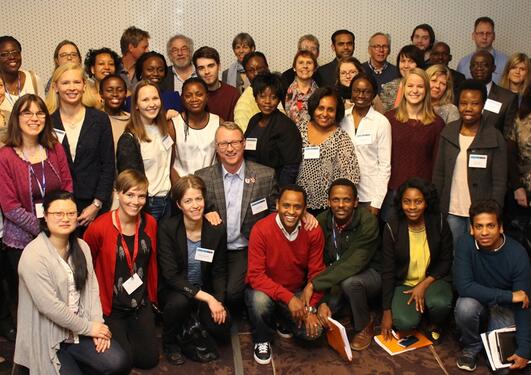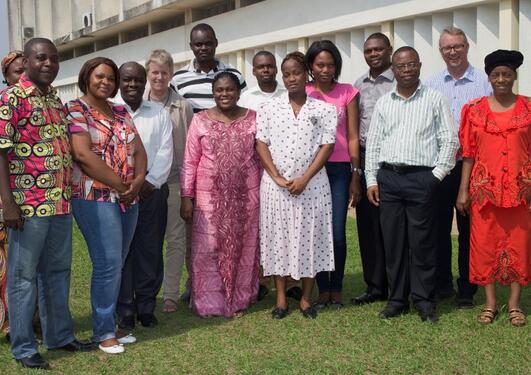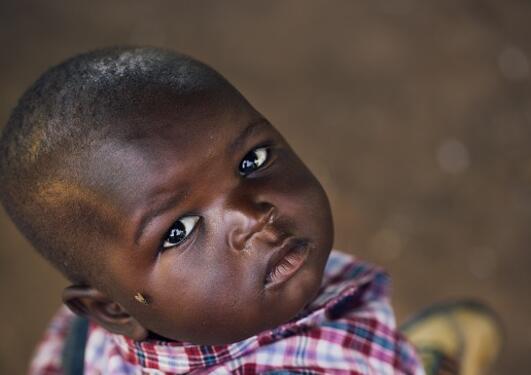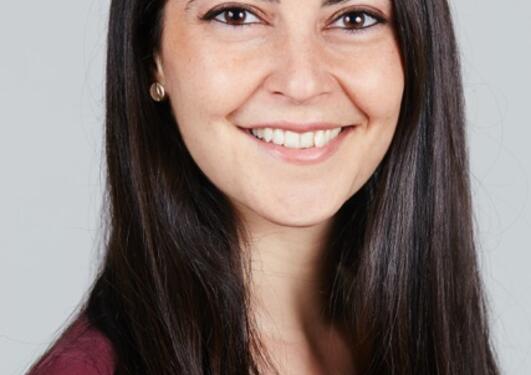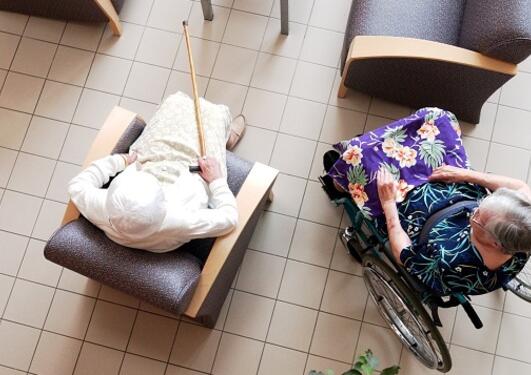News archive for Faculty of Medicine
Professor Rolf Bjerkvig is awarded the King Olav V Cancer Research Award for 2015.
Estimates of the expected remaining lifetime of critically ill patients and expected life years gained from intensive care unit (ICU) admission could inform priority setting of intensive care.
A new study from IGS shows that an overall lower proportion of survivors of cancer diagnosed at young ages (<19 years) completed their education compared with the cancer-free population.
A new course at the Centre for Cancer Biomarkers aims to support young cancer researchers to make good decisions in matters of life and death.
Helicopter emergency medical services (HEMS) have a number of theoretical advantages. After nearly 30 years in operation, how is the Norwegian HEMS doing in terms of flying times and primary mission rates?
Many of the world's top cancer researchers presented the latest in cancer research when the Centre for Cancer Biomarkers invited to a two-day symposium at Solstrand.
Professor emeritus at the Centre for International Health, Gunnar Kvåle, says that climate change will lead to larger health problems than tobacco.
Videos, pictures and presentations from all key notes and symposia speakers are now available on the GLOBVAC conference website.
Friday May 8, the Minster for Higher Education and Universities in DR Congo, Dr Théophile Mbemba Fundu, invited to an awareness-raising of GROWNUT.
Deaths due to diarrhoea is one of the main killers of children in Sub Saharan Africa. In a new paper published in BMJ open Solomon Tessema Memire and Kjell Arne Johansson together with US examine the impact of universal public financing of rotavirus vaccination and diarrhoeal treatment in Ethiopia.
Researchers at The National Multiple Sclerosis Competence Centre published an article about the timing of vitamin D exposure and MS risk in May 2015 in Multiple Sclerosis Journal.
Identifying unfair health inequality is important in order to make correct priorities in health. But only a portion of observed health inequality can be explaind empircaly. A new paper explains why how we treat this unexplained inequality is not only a methodological question, but also an ethical one.
- 2025
- 2024
- 2023
- 2022
- 2021
- 2020
- 2019
- 2018
- 2017
- 2016
- 2015
- 2014
- 2013
- 2012
- 2011
- 2010
- 2009

